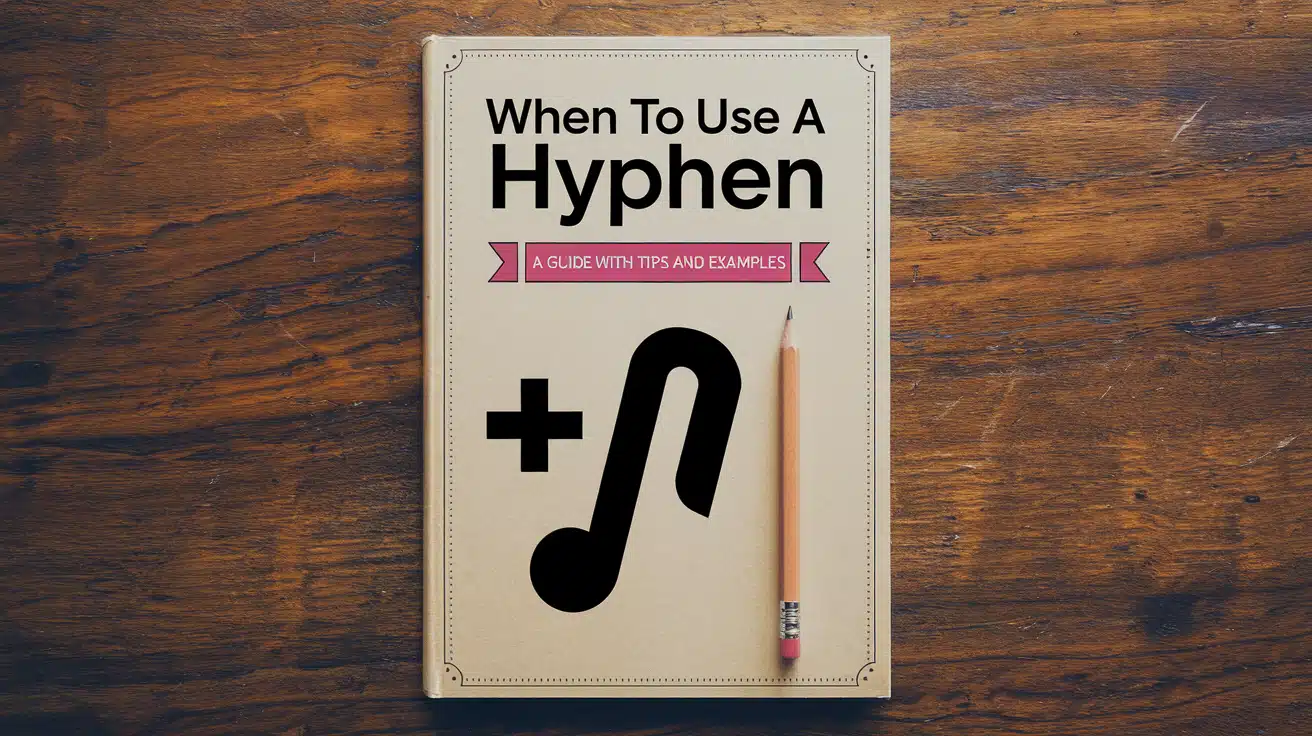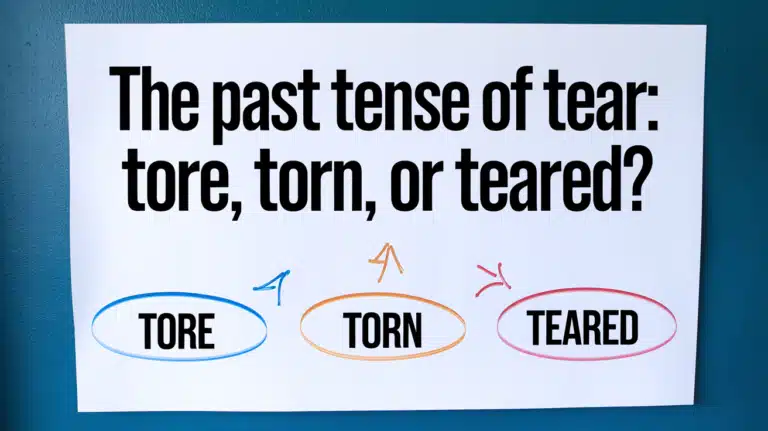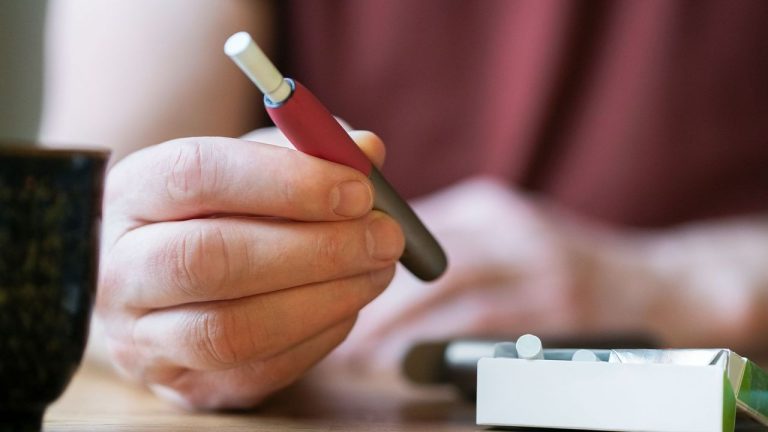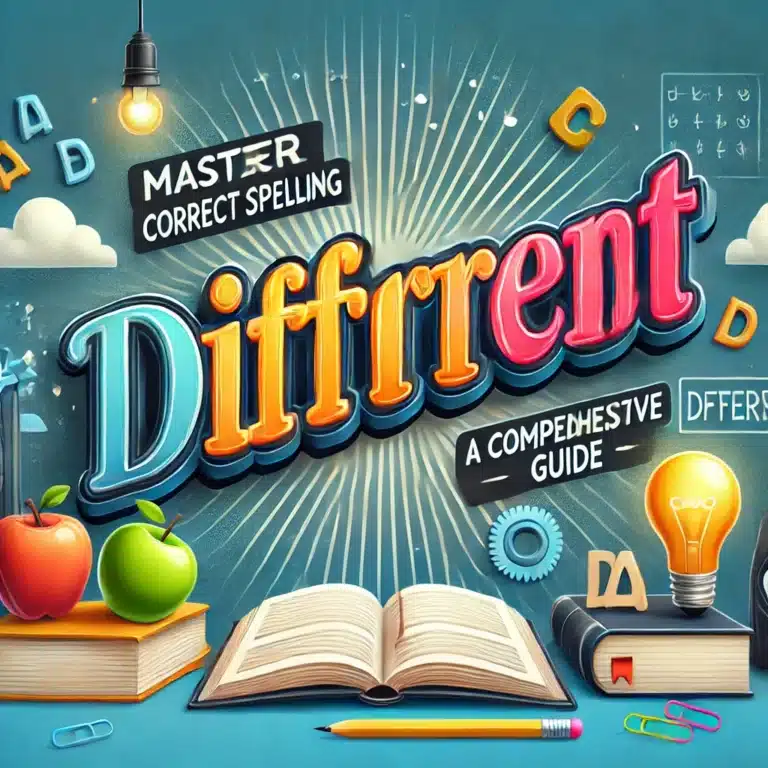When to Use a Hyphen: A Guide with Tips and Examples
Hyphens are small yet powerful punctuation marks that enhance the clarity and flow of writing. When used correctly, they help readers interpret sentences without confusion. This guide dives deep into hyphen usage, covering compound modifiers, hyphenated words, and more, with practical tips and examples to improve your writing.
Understanding Hyphens
What is a Hyphen?
A hyphen (-) is a short punctuation mark used to join words or parts of words. It’s not to be confused with a dash, which is longer and serves a different purpose. Hyphens are indispensable in compound adjectives, certain numbers, and hyphenated words like “well-being” or “mother-in-law.”
Why Are Hyphens Important?
Hyphens ensure grammatical clarity by linking words to form a unified meaning. For example:
- Re-cover means to cover something again, while recovery means to regain health.
This small punctuation mark can make a big difference in how readers interpret your message.
General Rules for Hyphen Usage
Using hyphens requires the following specific rules:
- Use hyphens to connect compound modifiers before nouns (e.g., “a well-written article”).
- Avoid hyphens for compound modifiers after nouns unless clarity demands it.
- Do not hyphenate adverbs ending in “-ly” when paired with adjectives (e.g., “highly skilled worker”).
Hyphens in Compound Modifiers
Multi-Word Adjectives Before Nouns
When two or more words work together to describe a noun, they often require a hyphen.
- Example: A state-of-the-art device.
Without the hyphen, the sentence could become ambiguous:
- “A state-of-the-art device” suggests an unrelated state and art device.
Quick Tip
If the meaning changes when the modifier is split, use a hyphen for clarity.
Compound Modifiers with Participles
Participles (present or past forms of verbs used as adjectives) often form compound modifiers:
- Present Participles:
- A fast-growing company.
- The long-lasting effects of change.
- Past Participles:
- A well-cooked meal.
- The hand-picked selection of products.
Hyphens with ‘High-‘ and ‘Low-‘
Words like “high” and “low” frequently need hyphens when modifying nouns:
- A high-risk investment.
- A low-pressure system.
Hyphens and Numbers
Hyphenating Numbers in Modifiers
When numbers act as part of a compound adjective before a noun, use a hyphen:
- A five-year-old child.
- A 10-foot-long bridge.
Table: Hyphenated Number Examples
| Without Hyphen | Correct Hyphen Usage |
|---|---|
| Five year old child | Five-year-old child |
| Ten foot long bridge | Ten-foot-long bridge |
Hyphens in Fractions
Fractions used as adjectives also need hyphens:
- A two-thirds majority.
- A one-quarter inch pipe.
However, when fractions are nouns, no hyphen is needed:
- Two thirds of the cake is gone.
Hyphens in Compound Words
Types of Compound Words
Compound words fall into three categories:
- Closed Compound Words: Single words like “notebook” and “sunlight.”
- Open Compound Words: Two separate words like “real estate” and “high school.”
- Hyphenated Compound Words: Words like “mother-in-law” and “well-being.”
Table: Compound Word Examples
| Type | Example Words |
|---|---|
| Closed Compounds | Notebook, sunshine |
| Open Compounds | Post office, living room |
| Hyphenated Compounds | Editor-in-chief, self-esteem |
When to Use Hyphens in Compounds
Read More About : Understanding the Past Tense of ‘Putting’: Is it ‘Put’ or ‘Putted’?
Hyphens are necessary when omitting them creates ambiguity:
- Re-sign (to sign again) vs. resign (to quit).
Hyphens with Prefixes
Common Prefixes Requiring Hyphens
Some prefixes, such as ex-, self-, and all-, always require hyphens:
- Ex-boyfriend
- Self-esteem
- All-knowing
Exceptions to Prefix Hyphenation Rules
Certain words, even with prefixes, don’t use hyphens. For instance:
- Reevaluate (no hyphen).
Quick Tip
Check a reliable dictionary for proper usage of prefixes and hyphens.
Special Cases and Exceptions
Hyphens in Creative Writing
Writers may use hyphens for rhythm, style, or emphasis:
- “The once-in-a-lifetime experience.”
Hyphens in Proper Nouns
Hyphenation is common in names and places:
- Anne-Marie (person).
- Winston-Salem (city).
Common Mistakes and How to Avoid Them
Overusing or Misplacing Hyphens
Avoid placing hyphens where they don’t belong:
- Incorrect: He is a well respected professor.
- Correct: He is a well-respected professor.
Skipping Hyphens in Necessary Cases
Neglecting hyphens can create confusion:
- Incorrect: The store has a ten foot wide aisle.
- Correct: The store has a ten-foot-wide aisle.
Practical Tips for Using Hyphens
- Keep a Grammar Tool Handy: Apps or style guides can clarify tricky cases.
- Proofread Your Writing: Spot misused or missing hyphens.
- Use Online Dictionaries: Check compound and hyphenated words for accuracy.
FAQ: Mastering Hyphen Usage
When should I use a hyphen versus a dash?
Use hyphens for linking words (e.g., “well-known author”) and dashes for interruptions or ranges.
Can I use a hyphen in email addresses or URLs?
No, hyphens aren’t typically used in web addresses or emails.
Should I hyphenate brand names?
Follow the specific styling chosen by the brand, such as “Coca-Cola.”
Conclusion
Hyphens are an essential tool in writing, ensuring clarity and precision. By mastering hyphen usage, you can create well-structured and impactful sentences. Keep practicing these punctuation rules and use the examples provided as a reference for your writing journey.







